Do you need a new camera to improve your photography?
posted Tuesday, April 4, 2023 at 12:00 PM EDT
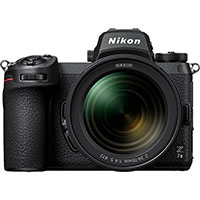
Technology moves fast, and a constant stream of new cameras is hitting store shelves with new and better sensors, faster autofocus, more sophisticated features, improved video quality, and shiny new bells and whistles. New cameras can be very tempting, but before throwing thousands of dollars at new gear, it's worth asking yourself, "Do I need a new camera?"
Determining necessity versus desire is important. It may be easier for full-time professionals to convince themselves they "need" a new camera. For enthusiasts, the situation is murkier. That said, there's absolutely nothing wrong with buying a new camera just because you want to. People are free to spend their money how they see fit.
However, for photographers still deciding if they should get a new camera yet find themselves tempted, this guide is for you. We'll outline the questions you must ask yourself to determine if the time is right for an upgrade or if you should stand pat with the gear you've got.
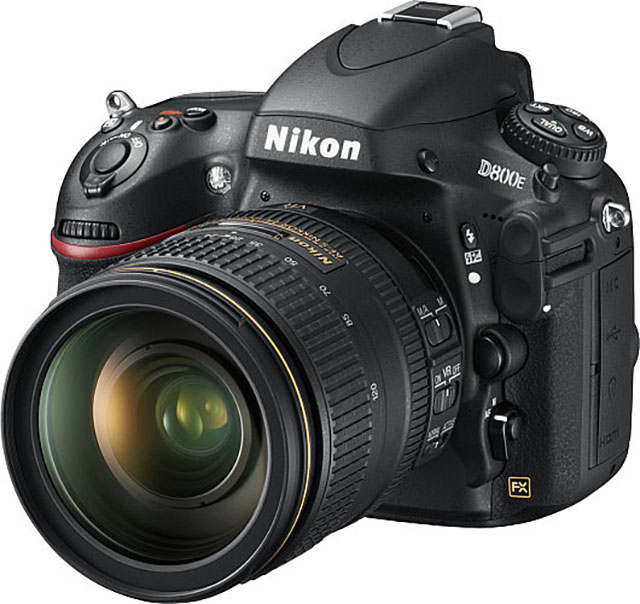
Can your camera capture the photos you want?
This is a big one. When reading about the latest and greatest cameras, it's easy to think about all the things your current camera can't do, so it's important to take a moment and honestly assess whether your camera is already capturing the images you want to capture.
Do you need more megapixels if your camera produces high-quality prints at the sizes you print? Probably not. Does a slightly better dynamic range matter if you know how to blend exposures during post-processing? Do you really shoot at ISO 102,400 to take advantage of slightly better low-light performance?
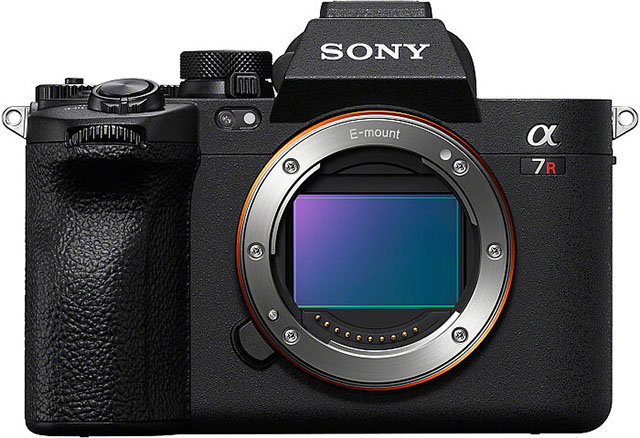
Would a new camera's features result in better photography?
Now, suppose you're a portrait photographer whose camera doesn't have eye-detect autofocus. While your camera can capture beautiful portraits, a new camera would make it significantly more capable and allow for more sharp shots. That's a good reason to upgrade.
Similarly, for wildlife or sports photographers, the difference between a camera that shoots 12-15 frames per second and a newer one that can shoot at more than 20 fps may not sound like a huge deal at first, but more speed means more shots, which means that it'll be easier to capture specific moments. A larger buffer depth also matters, allowing a photographer to shoot action for longer.
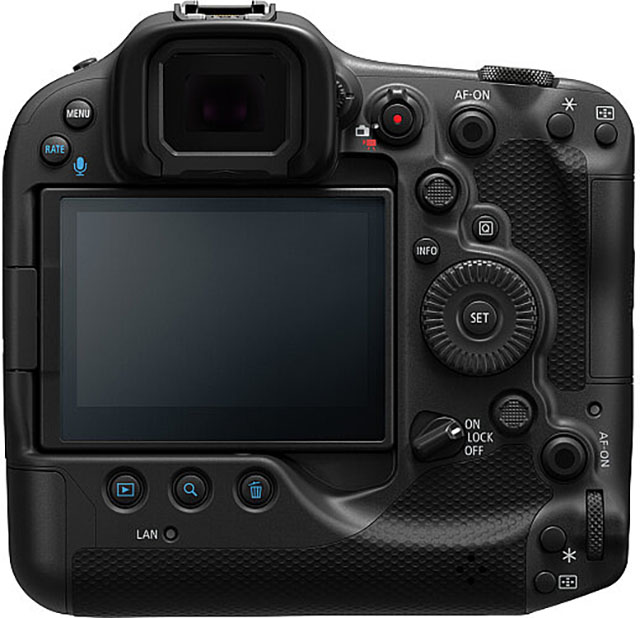
Are you still using a DSLR?
The heyday of the DSLR is behind us. That doesn't mean that a DSLR camera can't still take professional-quality images. Many photographers, professionals, and enthusiasts continue to work with DSLRs for various reasons.
If you're getting into photography, it's hard to imagine not buying a mirrorless camera to kickstart your system. However, if you have a DSLR camera and lenses, when is the right time to make the mirrorless switch?
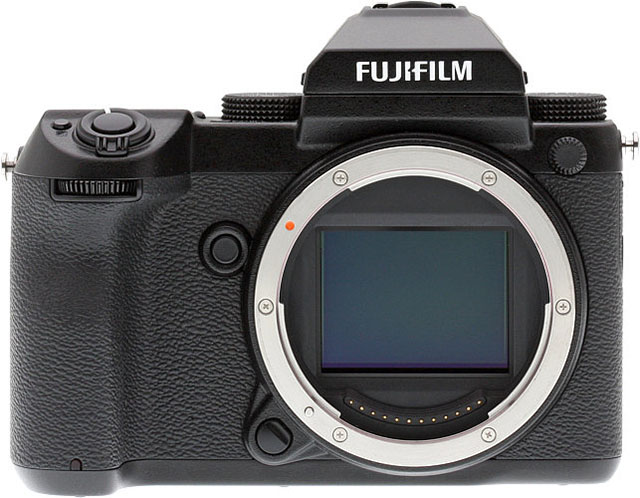
If you intend to buy a mirrorless system that's the same brand as your DSLR, you can adapt existing DSLR lenses to the new camera, which is extremely helpful. If you plan to jump ship, the situation is different and typically more expensive. You may need to buy many new lenses alongside your new camera.
What about lenses?
It's also important to consider lenses – not just your current ones, but what new ones you might want. If you don't have one of each "type" of lens you're interested in, such as a wide-angle zoom, standard zoom, telephoto zoom, and portrait prime, that could be a much better use of money than buying a new camera.
Cameras often get the most attention, but new lenses can have a truly transformative effect on your photography that no camera can match, no matter its performance and features. Capturing images that truly look different unlocks creative and artistic potential and freedom.
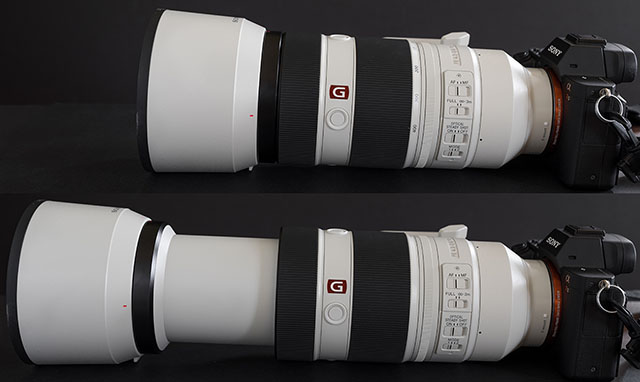
Suppose you're photographing wildlife with an all-in-one zoom lens, and you think a new camera will allow you to capture better images at high ISO, it's worth considering a faster lens rather than a new camera to improve image quality.
Try new software to spruce up your photos
Improved editing techniques and new software can also breathe new life into your photographs without purchasing a new camera. Software like DxO PureRAW makes images look better, sharp, and cleaner without changing your camera. If you think your camera is coming up short, it's worth downloading a free trial of DxO PureRAW to see if your images need a new fresh coat of paint.
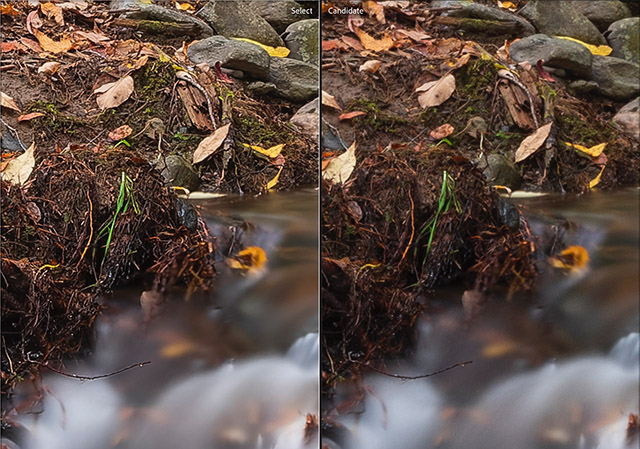
When in doubt, make a list
If you still need to decide if you need a new camera, start taking notes when you photograph. Are there particular situations that are causing issues? Write them down.
It's easy to think your gear could be better when reading about the latest and greatest cameras. Still, unless your gear is actually getting in the way of your photography, you're likely suffering from a case of "gear acquisition syndrome" rather than a case of bad camera-itis.
Personal stories from the trenches of camera warfare
Long before I worked here at Imaging Resource, I was obsessed with gear. I was constantly pining after new cameras and lenses, even though what I had was perfectly acceptable. I always convinced myself that my photography would improve with better equipment.
Guess what? That didn't happen. I spent my hard-earned money, basically everything I had from working part-time while in high school, on a new camera. Undoubtedly, it was an upgrade, but my photography only gradually improved.
You know what did improve my photography? Practice. While there's an opportunity cost to time, effort is a nearly infinite and affordable resource every photographer has. Well, that and new lenses. I love glass, and I'll never stop desiring new lenses. Nobody's perfect.
Summary: Should you buy a new camera?
To summarize, you should buy a new camera if:
- Your current camera prevents you from capturing the images you want, and a new lens wouldn't help
- A new camera would deliver features that enable you to capture better images with significantly less hassle
- You simply want a new camera, and you understand that a new camera might not make you a better photographer
You probably shouldn't buy a new camera if:
- There are still lenses you want but haven't purchased
- You think that a new camera will make you a better photographer all by itself
New cameras are exciting. They can sometimes enable photographers to capture better images more easily. However, new cameras aren't the end all be all for improving your photography skills. In fact, all else equal, spending money on a new camera with the expectation that it'll make your photographs better is a surefire way to end up disappointed. When in doubt, buy glass. New lenses last longer and enable new photographic opportunities in a way that a new camera cannot.